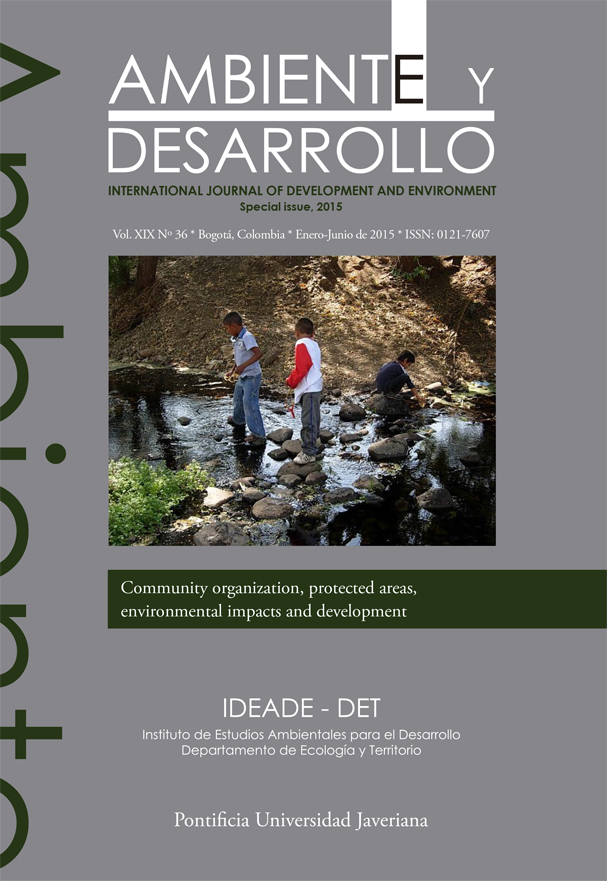Abstract
In the context of Minho´s regional dynamics, some statistical indicators highlight serious socio-spatial and socio-economic disparities, not only between social groups, but also between sectors (agriculture, industry and services) and socio-spatial areas with different levels of (under)development.From the historical-sociological perspective, this study briefly describes socio-demographic change in the northern region, more specifically in the municipality of Barcelos. Territorial imbalances were detected in comparing more central municipalities with those of the interior. Besides this, the aim is to detect other dimensions of social inequality such as infrastructure, unemployment, and health; social security and housing, on the one hand, and culture and education on the other. Despite some improvements in infrastructure and facilities, the Minho region is permeated by social, educational and cultural disparities. This assymetrical situation reproduces at the regional and local level an unequal national distribution of health, education and cultural resources. In the current context of globalisation, these indicate the analytical importance of the centre-peripheral theory, not only at the global economy level, but also at the national and regional levels.Ambiente y Desarrollo is registered under a Creative Commons Attribution 4.0 International Public License. Thus, this work may be reproduced, distributed, and publicly shared in digital format, as long as the names of the authors and Pontificia Universidad Javeriana are acknowledged. Others are allowed to quote, adapt, transform, auto-archive, republish, and create based on this material, for any purpose (even commercial ones), provided the authorship is duly acknowledged, a link to the original work is provided, and it is specified if changes have been made. Pontificia Universidad Javeriana does not hold the rights of published works and the authors are solely responsible for the contents of their works; they keep the moral, intellectual, privacy, and publicity rights.
Approving the intervention of the work (review, copy-editing, translation, layout) and the following outreach, are granted through an use license and not through an assignment of rights. This means the journal and Pontificia Universidad Javeriana cannot be held responsible for any ethical malpractice by the authors. As a consequence of the protection granted by the use license, the journal is not required to publish recantations or modify information already published, unless the errata stems from the editorial management process. Publishing contents in this journal does not generate royalties for contributors.


